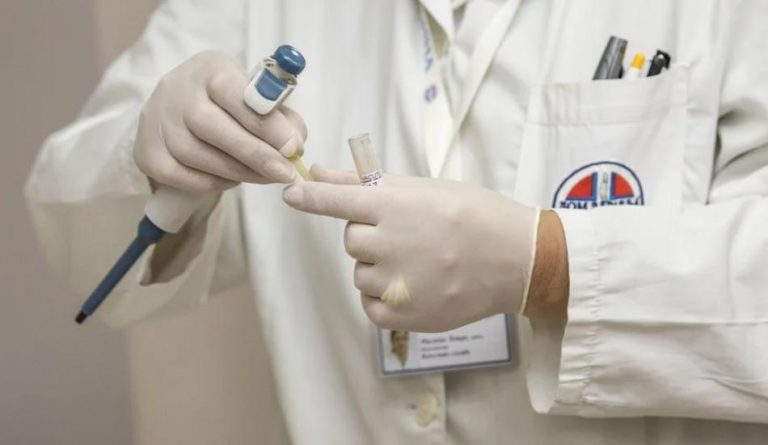A published report revealed that Hunterdon Medical Center in New Jersey administered coronavirus vaccines to some of its trustees, donors, and top executives’ relatives. Only front line healthcare workers and employees at long-term care facilities should be prioritized for vaccination. The information was disclosed by a local radio station that obtained the hospital’s registry of vaccine recipients by an unknown person.
Medics conducted the vaccinations in December and late January. The beneficiaries included two donors from the hospital and seven spouses, including two adult children of high-ranking management employees. Some recipients were in their early 20s, an age group unlikely to qualify for the vaccine for quite a few months. The hospital is claiming that its actions are consistent with established policies.
“More than 99 percent of the doses Hunterdon Healthcare has administered so far have gone to prioritized health care workers, clinicians, seniors, and at-risk individuals… When additional Hunterdon Healthcare employees or physicians wanting the vaccine could not be located before a vaccine dose expired, we vaccinated volunteers who were easily contacted and immediately available, including family members of the clinic staff, board members, community members, and family members of the leadership team. This was in keeping with a protocol approved by the Department of Health,” spokesperson Jason VanDiver said in an email statement.
The hospital claimed that it only provided excess vaccines to non-essential people
However, the registry shows that two donors were vaccinated on Dec. 18, just a day after the first shipment was received. Unless all employees at the hospital were inoculated on that same day, this would mean that the hospital gave shots to the donors even before their frontline workers were vaccinated.
Success
You are now signed up for our newsletter
Success
Check your email to complete sign up
The two donors are said to have donated $10,000 to the hospital. The state of New Jersey has only been receiving 100,000 vaccines per week, far less than what the health officials are requesting. Many residents have complained of not getting a shot and have waited several months for appointments.

While hospitals like Hunterdon Medical Center are finding loopholes to get vaccines into the hands of ineligible people, scammers are taking advantage of people’s fear of vaccine scams. In Washington, D.C., a scam encouraged people to buy vaccines from unauthorized sources as quickly as possible. A potential victim who pays for the shots will lose money since the vaccines cannot be procured in this manner.
“The only places you can get a vaccine are through hospitals, clinics, pharmacies, and doctor’s offices and authorized on-site clinics by an enrolled and approved provider… There are no off-site sales of vaccines; no one will have to purchase a vaccine for price and have it administered by anyone who considers themselves a health care provider or otherwise… We want to ensure that all of our residents have equitable access to vaccines in the District of Columbia. And we like to have all scams reported,” D.C. Health Director Dr. LaQuandra Nesbitt said in a statement.
Online scammers exploit the pandemic to collect credit card numbers and other private data of people by promising them non-existent vaccines and cures. Tony Pepper, CEO of cybersecurity firm Egress, said that such scams could appear “incredibly convincing.”
Combined with the fact that many people might be desperate to protect themselves and their families, it isn’t surprising that scammers are finding easy targets. Pepper adds that it is older people who are particularly vulnerable to such scams.
Follow us on Twitter or subscribe to our email list
















